It's that time of year again. You have been lovingly tending your garden for a month or so and everything is looking really great. Your roses are blossoming, your fruit trees are starting to plump up and ripen and your squash and pumpkins are taking over your garden they are growing so well. You dream of all the tasty vegetables and fruits that will soon be gracing your dinner plate and the lovely hand picked rose bouquets that will adorn your kitchen table. Then, seemingly overnight, you notice some unwelcome guests have arrived en masse and your dreams have become living nightmares!
This is the scene that played out at my parents' house just a few days ago. We had finished eating our Fourth of July lunch of pasture-raised chicken roasted with herbs and butter, my Mom's homemade gnocchi with tomato sauce that my Mom, sister and I had canned together from my garden's Roma tomatoes last summer, a mixed lettuce and herb salad from my garden, blueberries lovingly picked from my field earlier in the morning and a few glasses of my Dad's homemade wine. Yes, it was delicious! After we had cleaned up the table and washed the dishes, I told my Mom I wanted to check out her garden and fruit trees. She followed me outside, eager to point out how well the pears and grapes were doing this year. Then, as we approached the fruit trees, she moaned, "Oh no, Japanese beetles!" Yep, there they were munching away on the leaves, mating, and generally having a good ole time. My Mom was not happy as this was a bad rerun of the show that had been playing out for the last few years since she had planted her young fruit trees and she knew what would happen. In a matter of days, the beetles would quickly devour and skeletonize the plants' foliage, thereby cutting off their ability to photosynthesize and feed the growing, ripening fruits. Then, just to be sure, the beetles would also feed on any fruits that were ripening on the trees.
"Should I go out and buy those Japanese beetle traps?" she asked me. "No", I said emphatically, "they will just attract more beetles!" My Mom had tried the ubiquitous bright yellow pheromone beetle traps for many years and finally had to admit that they would not work. It's true, studies have shown that those traps just attract more beetles, many whom alight on plants in the vicinity, and end up causing more damage than may have occurred if the trap were not present. I explained to her (again) that Japanese beetles only eat plants that are not fit for humans to eat. These "pests" are actually being loving to us by not allowing us to eat foods that are not good for us because they are lacking in essential nutrients and health promoting microbes. Today, she seemed to be more receptive to my "spirituality" and "importance of microbes" sermons than she had been in the past. Or maybe she just had tried everything else and was ready to give up. Our solution in that moment was to get a bucket of soapy water and start to gently bend over the branches to shake them and have the beetles fall into the soapy water and drown, but I told her that I would bring her some of my homemade herbal mist that I use on my plants to increase their health and vigor and also some of my cultured indigenous microorganisms (IMO) to work into the soil at the base of the trees to add beneficial microbes to the soil, which would provide both a short-term (herbal mist) and longer-term (beneficial microbes) solution to the problem.
As we continued our walk, we came upon her raised bed garden, which contained tomatoes, beans, herbs like chamomile, mint, and garlic and a huge pumpkin plant that was clearly very vigorous and healthy! It was interesting to note that we did not see one Japanese beetle in the whole garden (and Japanese beetles are known to take a liking to tomatoes, bean and pumpkins!) As I voiced this observation to her, I asked her to consider what is different from the soil in her garden versus the lawn of mono-crop Kentucky bluegrass where her fruit trees are planted. Then, I literally saw a light bulb go off in her head. She finally got it!
This is the scene that played out at my parents' house just a few days ago. We had finished eating our Fourth of July lunch of pasture-raised chicken roasted with herbs and butter, my Mom's homemade gnocchi with tomato sauce that my Mom, sister and I had canned together from my garden's Roma tomatoes last summer, a mixed lettuce and herb salad from my garden, blueberries lovingly picked from my field earlier in the morning and a few glasses of my Dad's homemade wine. Yes, it was delicious! After we had cleaned up the table and washed the dishes, I told my Mom I wanted to check out her garden and fruit trees. She followed me outside, eager to point out how well the pears and grapes were doing this year. Then, as we approached the fruit trees, she moaned, "Oh no, Japanese beetles!" Yep, there they were munching away on the leaves, mating, and generally having a good ole time. My Mom was not happy as this was a bad rerun of the show that had been playing out for the last few years since she had planted her young fruit trees and she knew what would happen. In a matter of days, the beetles would quickly devour and skeletonize the plants' foliage, thereby cutting off their ability to photosynthesize and feed the growing, ripening fruits. Then, just to be sure, the beetles would also feed on any fruits that were ripening on the trees.
"Should I go out and buy those Japanese beetle traps?" she asked me. "No", I said emphatically, "they will just attract more beetles!" My Mom had tried the ubiquitous bright yellow pheromone beetle traps for many years and finally had to admit that they would not work. It's true, studies have shown that those traps just attract more beetles, many whom alight on plants in the vicinity, and end up causing more damage than may have occurred if the trap were not present. I explained to her (again) that Japanese beetles only eat plants that are not fit for humans to eat. These "pests" are actually being loving to us by not allowing us to eat foods that are not good for us because they are lacking in essential nutrients and health promoting microbes. Today, she seemed to be more receptive to my "spirituality" and "importance of microbes" sermons than she had been in the past. Or maybe she just had tried everything else and was ready to give up. Our solution in that moment was to get a bucket of soapy water and start to gently bend over the branches to shake them and have the beetles fall into the soapy water and drown, but I told her that I would bring her some of my homemade herbal mist that I use on my plants to increase their health and vigor and also some of my cultured indigenous microorganisms (IMO) to work into the soil at the base of the trees to add beneficial microbes to the soil, which would provide both a short-term (herbal mist) and longer-term (beneficial microbes) solution to the problem.
As we continued our walk, we came upon her raised bed garden, which contained tomatoes, beans, herbs like chamomile, mint, and garlic and a huge pumpkin plant that was clearly very vigorous and healthy! It was interesting to note that we did not see one Japanese beetle in the whole garden (and Japanese beetles are known to take a liking to tomatoes, bean and pumpkins!) As I voiced this observation to her, I asked her to consider what is different from the soil in her garden versus the lawn of mono-crop Kentucky bluegrass where her fruit trees are planted. Then, I literally saw a light bulb go off in her head. She finally got it!
The fact was that even though her bountiful and biologically diverse garden was a mere ten feet from a fruit tree infested with beetles, the soil ecology couldn't have been more different. Why? Well, a couple of my Mom's intuitive gardening practices have ensured that her garden soil is full of life and natural "pest" deterrents. Firstly, she has medicinal herbs (garlic, chamomile, mint) and companion plants (marigolds) inter planted with the other crops that naturally emit healing substances into the surrounding soil that invigorate and protect the other crops. This is the same benefit that the herbal mist would provide, except it is more efficient since you don't have to spray it every 5-7 days! Just plant the herbs once and let nature do the work! And secondly, she has developed a microbial rich soil because she regularly digs holes in her garden and buries all of her kitchen food wastes in these holes, which helps to colonize the soil with new microbes, feeds the ones she already has, and attracts tons of earthworms, which produce castings that are naturally super rich in nutrients. I have to admit that is ingenious! I love the idea of burying the food wastes right where you need the nutrients instead of making a separate, above ground compost pile that then needs to be managed and turned and then applied to your garden when it is done. Instead, just bury it and forget it! Finally, she also pours all of her cooking water from making pasta or cooking fresh greens into her garden, which is also choc full of good nutrients.
Right then, Mom decided she would start to dig holes around her Japanese beetle infested fruit trees and bury her kitchen food scraps, pour used cooking water around the trunks and even plant some medicinal herbs around the base of the trees just like she had been doing in her garden all these years. In fact, she took some of the soil from her garden and mixed it in with the kitchen food scraps that we had accumulated from the lunch that we had just prepared and eaten and started digging a few holes around the fruit trees and burying the scraps right then and there!
Right then, Mom decided she would start to dig holes around her Japanese beetle infested fruit trees and bury her kitchen food scraps, pour used cooking water around the trunks and even plant some medicinal herbs around the base of the trees just like she had been doing in her garden all these years. In fact, she took some of the soil from her garden and mixed it in with the kitchen food scraps that we had accumulated from the lunch that we had just prepared and eaten and started digging a few holes around the fruit trees and burying the scraps right then and there!
My Mom didn't realize that although she had already been practicing some of the most important philosophies of Natural Farming in her garden, there was a disconnect when it came to how she took care of her fruit trees. This disconnect was the cause of much suffering. Now she gets that the process is the same: Observe nature. Work with nature. Zero waste. Everything gets recycled and reused. Let nature do the work for you. Do less. Enjoy more. And most importantly, diverse microbes and soil life = healthy, vigorous plants impervious to pests and disease.
The same principles apply to our physical bodies and our lives. Healthy and diverse microbial communities in our bodies are essential for wellness and freedom from disease. Likewise, when there is something in our life that is not going the way we would have wanted, it is time to look closely and observe where there is a possible disconnect in our actions and what we intuitively know is healthy for us. What are we missing? Remember to always look for the lesson in the "pest", guiding you to love.
When was a time that you had an ah-ha moment, such as this? Please share your thoughts in the comments.
The same principles apply to our physical bodies and our lives. Healthy and diverse microbial communities in our bodies are essential for wellness and freedom from disease. Likewise, when there is something in our life that is not going the way we would have wanted, it is time to look closely and observe where there is a possible disconnect in our actions and what we intuitively know is healthy for us. What are we missing? Remember to always look for the lesson in the "pest", guiding you to love.
When was a time that you had an ah-ha moment, such as this? Please share your thoughts in the comments.
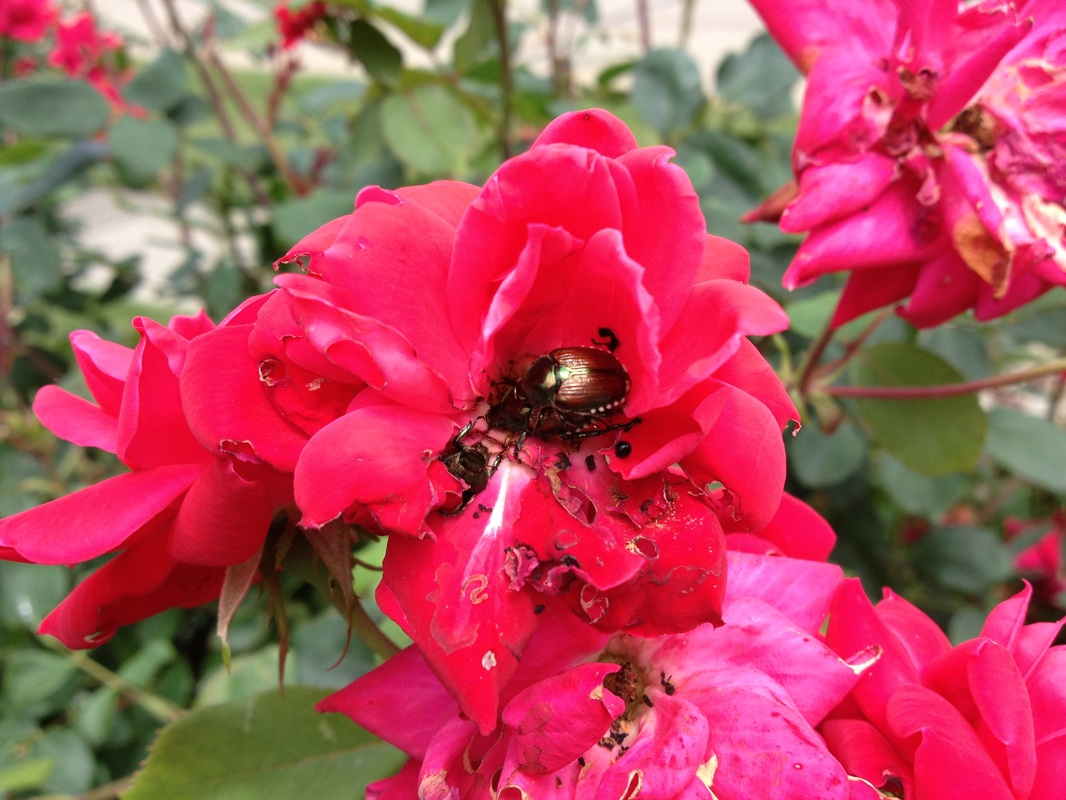
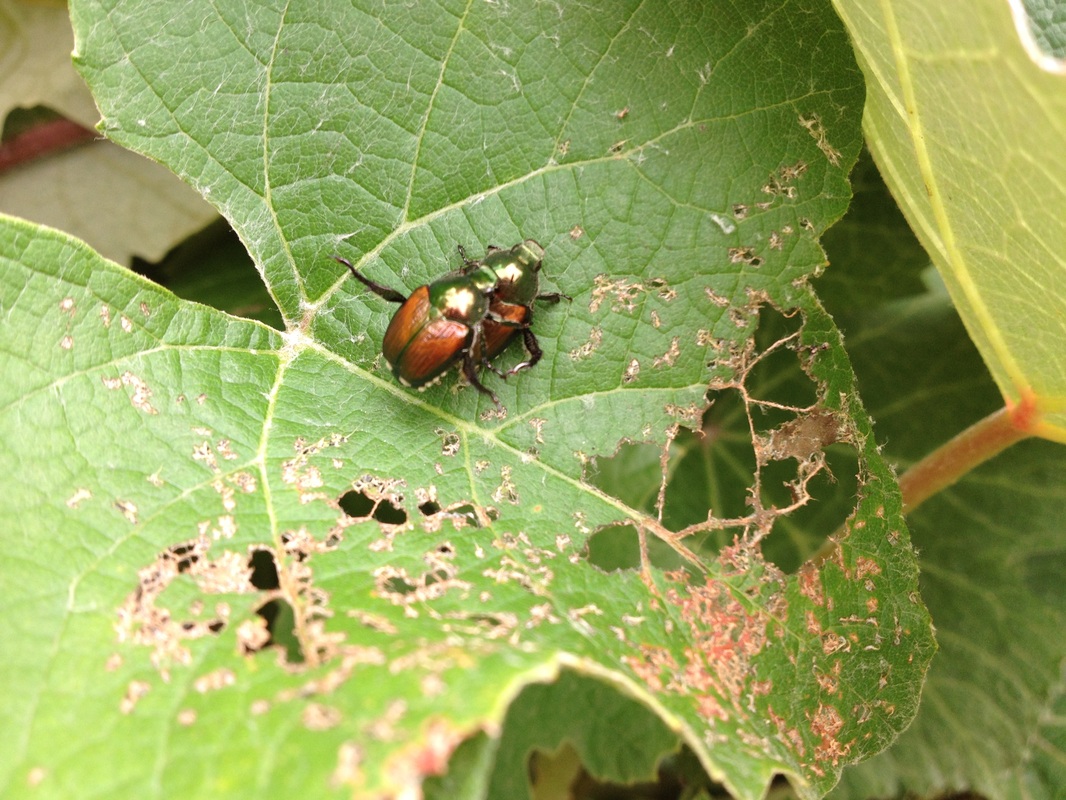
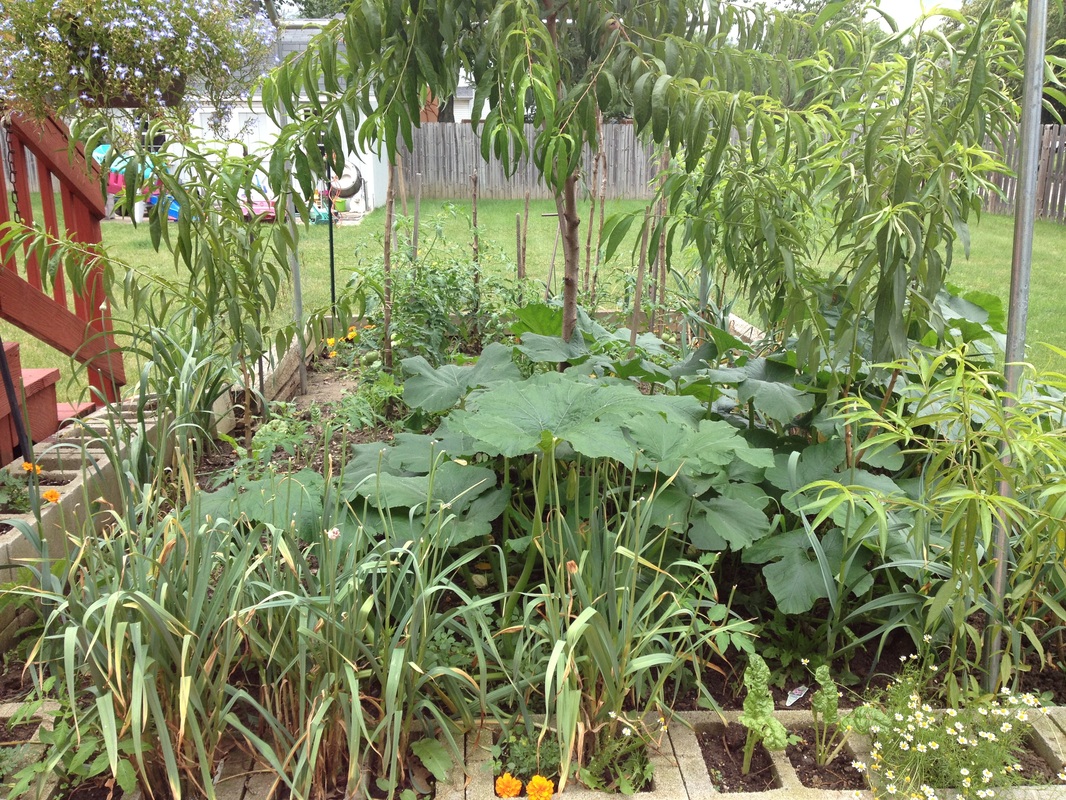
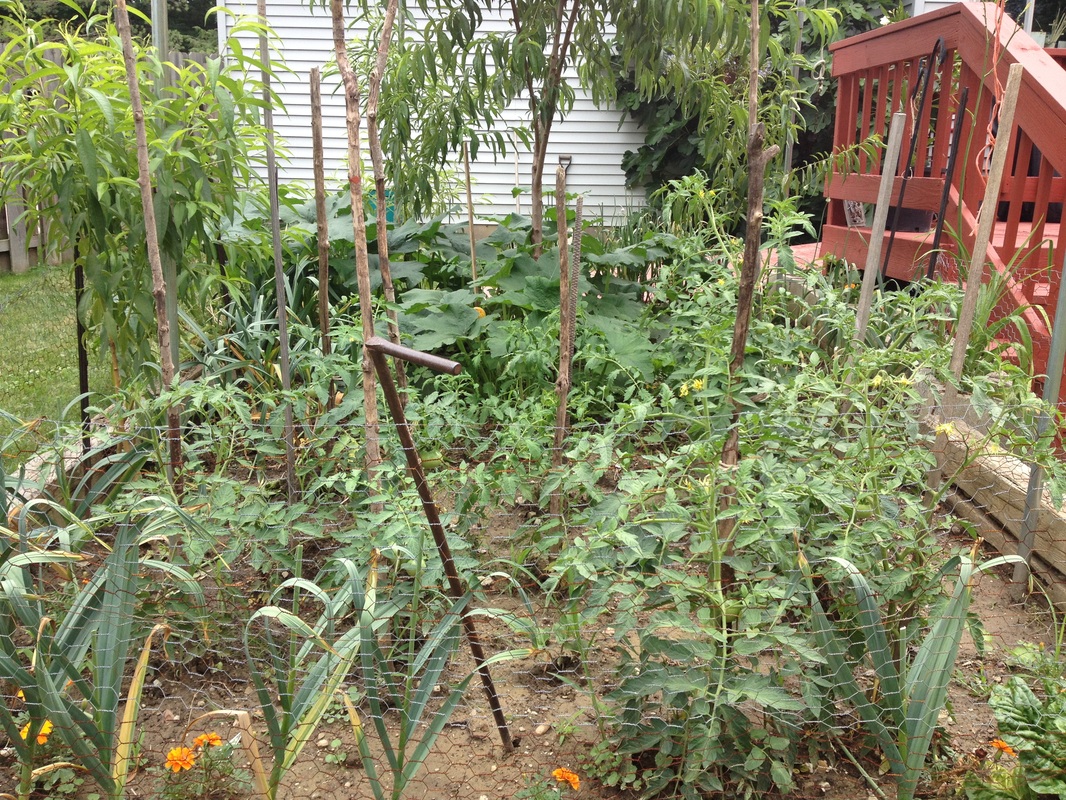
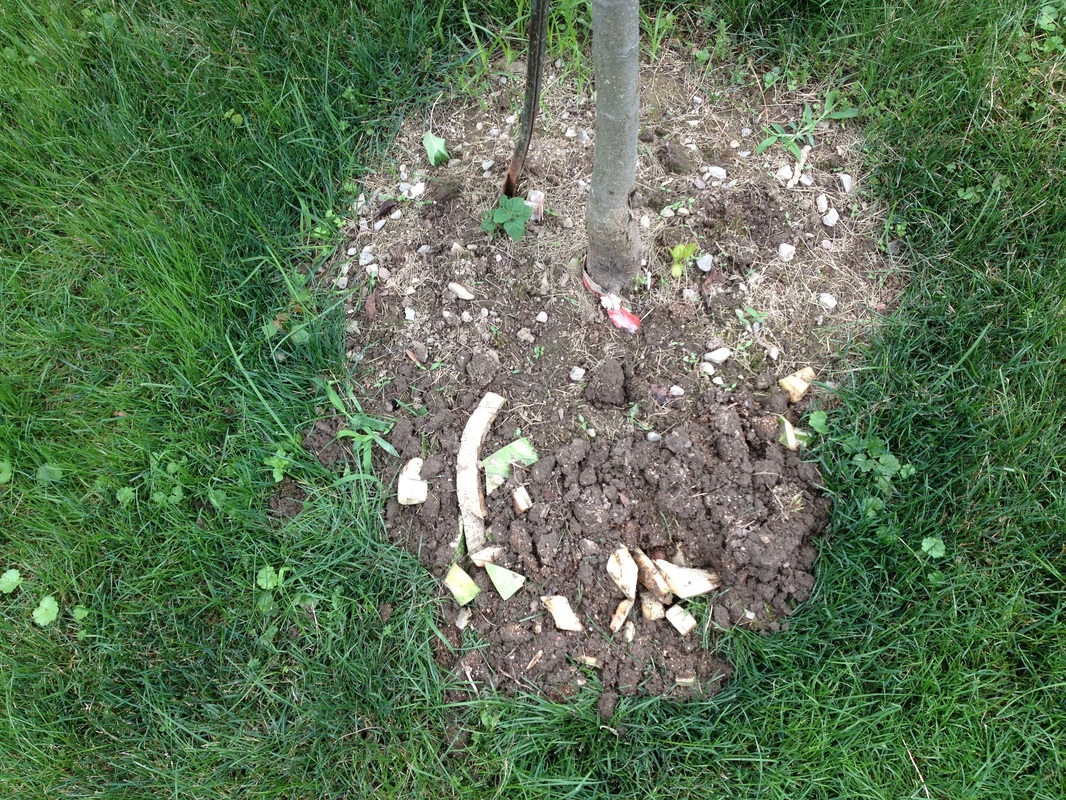

 RSS Feed
RSS Feed
